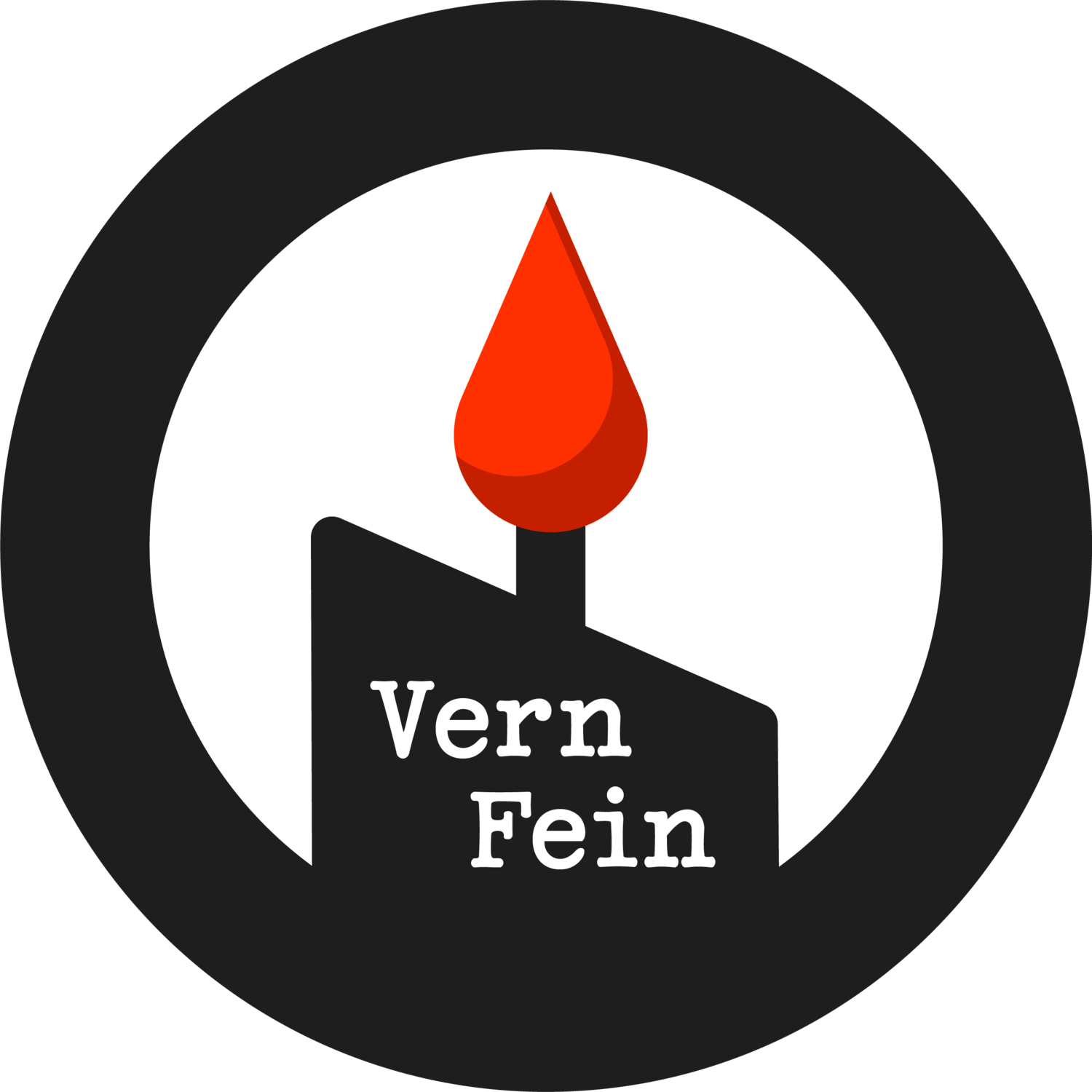Introduction
The idea of writing this book came to me a bit before my retirement. I wanted to understand more deeply the somewhat unique experience some of my friends and I had as Christians. Growing up with little faith, I evolved into a committed atheist during my college years, including a long stint in grad school, where I became engaged in the radical politics of the New Left that culminated in the huge anti-Vietnam War movement as well as the lifestyle changes that we called the counterculture. Then, in the single greatest surprise of my life, Jesus found me, and I had a second radical transformation when I came to faith in Christ, a journey I have now been on for over forty years.
So, in my life, I was two kinds of “freak.” First, I was a freak because those of us who were immersed in the counterculture eschewed the term hippie, preferring to be called “freaks” because we did not want to be a normal part of the broken, hypocritical culture we experienced around us, including marriage, school, government, and religion. And then, when I became a Christian, “Jesus Freak” seemed an apt term for us young believers who passionately embraced the commitment to follow Jesus in radical discipleship.
My fellow Jesus Freaks and I were part of what became known as the Jesus movement, which exploded on the church scene as powerfully as the radical political movement that preceded it. In the late 1960s and early 1970s, countless young people from a variety of backgrounds came to Christian faith in a radical new way that changed the character of the church in this country and around the world. For people like me it was a conversion from one counterculture to another.
Why should any of this interest you? If you came of age in the 1960s, this is a piece of the story of your generation—perhaps even your own story. If you are a Christian, you may find the first-person spiritual journeys enlightening and inspiring. The Christian Renewal movement of the late 1960s and 1970s may or may not have been as far-reaching as the First and Second Great Awakenings in American history, but it profoundly transformed many lives. Finally, if you’re fascinated by cultural history, these stories encompass an unusual time when a generation raised largely in privilege—this was largely a white, educated, middle-class movement, very unlike the concomitant black revolution that was mostly political and vastly different on a cultural level—came to see their country as profoundly unjust and faced a government intent on sending them to kill and die for a small country ten thousand miles away. How some of us responded and the surprising thing that happened next will hopefully be of interest.
The questions rose up in me, as older minds tend, I think, to reflect more, to wring out their pasts to see what the pure water of memory may contain. What happened to those people who had the same life turns that I did? How did they become part of the first counterculture revolution, and how and why did they come into the second huge change? How were they doing now, what had they done with their lives, where were they in their faith now that had blitzkrieged them without warning, and what was their view of the church that had become a haven instead of the scourge it was for most of them during their radical days? I was curious, so I began to seek them out and ask if I could interview them. Most of them were eager and willing although there were different outcomes among the participants, some strong in the faith, some actually somewhat antagonistic. Only a few would not interview, almost universally due to illness. It was both an exhilarating and a sad interviewing experience for me as all lives, we know, do not unwind the same.
The format will be simple based on the interviews. We will examine the early religious life of the respondents, talk about their immersion in the 1960s counterculture, present the startling history of their conversions to a radical Christian faith, and finish with a look at where they are in their faith now and their attitude toward the church. The book will end with a personal epilogue in which I give my own extended views and critique about what I think is going on now in the church. But besides briefly introducing the different perspectives, in the main body of this book, I will let the respondents speak for themselves, mostly in their own words, and not try to homogenize the dialogue.
The following is a hopefully, unbiased presentation of how they engaged with me, which taught me a lot about my own journey and will hopefully be revealing and meaningful to those who had this same experience. If nothing else comes from this, writing it has been interesting and challenging for me. I hope you who choose to read this reflection will find that true also.
